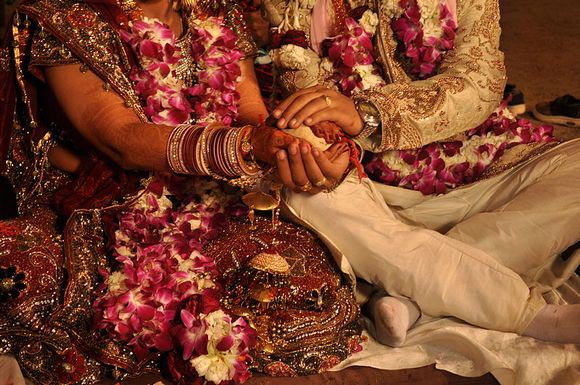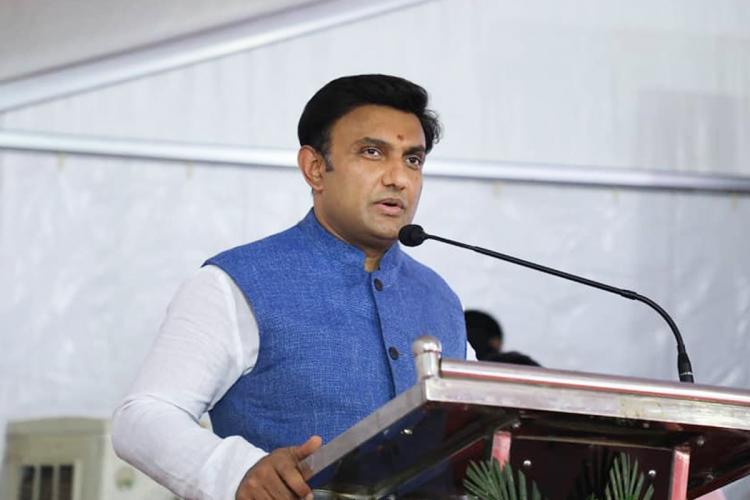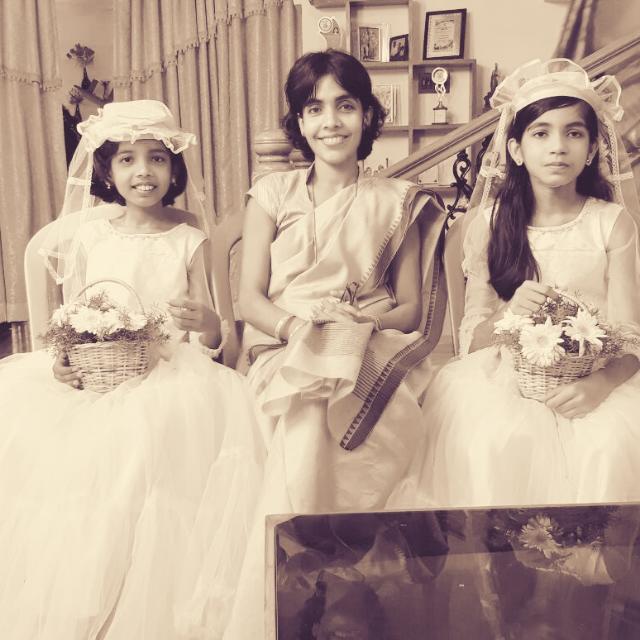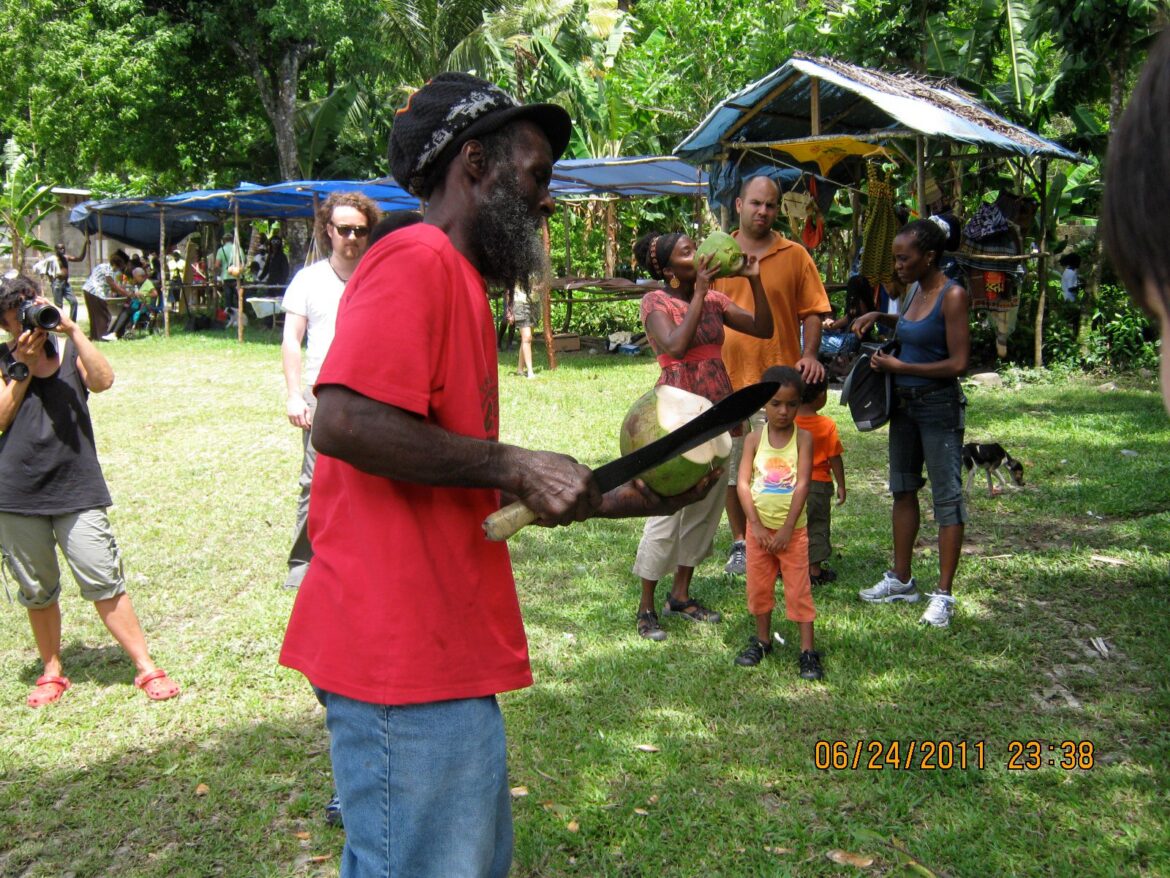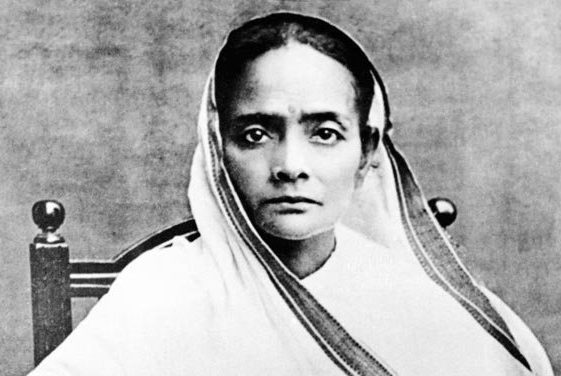By राजेश ओ.पी.सिंह
मशहूर लेखक शिव कुमार बटालवी ने महिला शक्ति के लिए कहा है : नारी आपे नारायण है, हर मथे ते तीजी अख है, जो कुज किसे महान है रचिया, उस विच नारी दा हथ है। अर्थात हर महान पुरुष या स्त्री की सफलता के पीछे किसी ना किसी महिला का हाथ है।
ऐसे ही अनेकों विद्वानों ने महिलाओं की शक्ति के बारे में लिखा है पंरतु इस सब के बावजूद सदियों से ही महिलाएं अपनी पहचान के संकट से जूझ रही है, जैसे भवन के लिए सबसे आधारभूत चीज़ ईंट है वैसे ही मनुष्य के लिए “पहचान”। परन्तु फिर भी महिलाओं की स्थाई पहचान नहीं है, ये बदलती रहती है। यहां केवल पहचान ही नहीं बल्कि रहना सहना, खाना पीना, रीति रिवाज, देवी देवता तक समय अनुसार बदलते रहते हैं।
हम बात कर रहे हैं कि एक महिला को शादी के बाद अपना गौत्र क्यों बदलना पड़ता है? और ये केवल भारत में ही नहीं बल्कि पूरे विश्व में हो रहा है। विकसित, विकासशील या अविकसित कोई भी देश इस से अछूता नहीं है। इसमें अमीरी गरीबी, जाति, रंग आदि किसी का कोई भेद नहीं है अर्थात यदि कोई लिंग से महिला है तो ये निश्चित है कि शादी के बाद उसका गौत्र बदल जाएगा। जन्म से लेकर युवावस्था तक जिस गौत्र या पहचान के लिए उसने संघर्ष किया ,जिस गौत्र या पहचान पर उसे गर्व था बस केवल शादी कर देने से उसे वो गौत्र और पहचान छोड़नी पड़ती है।
हम देखते हैं कि दुनिया के सबसे विकसित देश इंगलैंड की सबसे मजबूत प्रधानमंत्री मारग्रेट थैचर शादी से पहले मारग्रेट हिल्डा के नाम से जानी जाती थी, परंतु इनके पति थैचर परिवार से थे तो शादी के बाद इनके नाम के आगे से हिल्डा गौत्र (पहचान) गायब हो गया और थैचर गौत्र जुड़ गया,
ऐसे ही अमेरिका में हिलेरी क्लिंटन शादी से पहले हिलेरी डियान रोधम के नाम से जानी जाती थी परन्तु शादी के बाद इनके पति क्लिंटन गौत्र के थे तो इनके नाम के आगे भी क्लिंटन लग गया ।
भारत में इंदिरा नेहरू का इंदिरा गांधी बनना, ऐश्वर्या राय का ऐश्वर्या राय बच्चन बनना, करीना कपूर का करीना कपूर खान बनना भी इसी प्रकिया का परिणाम है। यहां हम बहुत ही मजबूत और प्रगतिशील महिलाओं की बात कर रहें हैं जिनकी विश्व में अपनी एक अलग पहचान है परन्तु इन्हे भी अपनी पहचान शादी के बाद बदलनी पड़ी है। ऐसा क्यों हो रहा है? क्यों एक पुरुष को कुछ नहीं बदलना पड़ता वहीं एक महिला को अपना घर, माता पिता, गौत्र, पहचान आदि सब कुछ बदलना पड़ता है?
पुराने समय में माना जाता था कि एक लड़की जैसे ही अपने पिता का घर छोड़ती है वैसे ही उससे अपेक्षा की जाती है कि वह अपनी पहचान , यादें , सपने, संबद्ध सब कुछ त्याग दे क्योंकि उस समय एक महिला पूर्ण रूप से पुरुष पर निर्भर थी परंतु ये उस समय भी ग़लत था कि केवल निर्भरता की वजह से उसे अपना आत्मसम्मान खोना पड़े और अब जब महिलाएं हर क्षेत्र चाहे आर्थिक क्षेत्र हो या सामाजिक में आत्मनिर्भर हैं तब भी उसे ये आजादी नहीं मिल रही है,इससे साफ होता है कि निर्भरता वाली अवधारणा सरासर ग़लत अवधारणा थी जो महिलाओं को बरगला रहा थी।
कुछ पुरुष विद्वान मानते हैं कि ये प्यार और समर्पण का चिन्ह है, ये व्यक्तिगत पसंद ना पसंद का मुद्दा है परन्तु हमारा प्रश्न है कि ये केवल महिला के लिए ही आवश्यक क्यूं है? जबकि हम देखते है की शादी एक बराबरी का रिश्ता है, जिसमे दोनों एक दूसरे को सम्मान करते हैं, इसलिए जब रिश्ता समानता पर आधारित है तो सब कुछ छोड़ना महिला को ही क्यों पड़ता है।
ऐसे अनेकों उदाहरणों से समझा जा सकता है कि कैसे महिलाओं को अपनी पहचान बदलनी पड़ती है और विद्वानों ने समय समय पर इसे सही ठहराने के लिए अनेकों उदाहरण दिए है परन्तु ये सरासर गलत है और इसका सबसे महत्वपूर्ण कारण है “समाज की पितृसत्तात्मक सोच” । प्रत्येक समाज में पुरुषों का वर्चस्व है और जिनका वर्चस्व होता है उनकी पहचान को कभी कोई संकट नहीं आता, संकट आता है तो उन्हें जिनका वर्चस्व नहीं है या जिनका वर्चस्व कमज़ोर है।
एक महिला अपने बच्चे को 9 महीने अपनी कोख में पालती है, फिर उसके जन्म के बाद भी उसे पालने में ज्यादा मेहनत और भागदौड़ महिला को ही करनी पड़ती है परन्तु जैसे ही बच्चा जन्म ले लेता है तुरंत उसे उसके पिता की पहचान मिल जाती है, जिस महिला ने उसे पैदा किया है वह महिला उसे अपनी पहचान नहीं दे पाती क्योंकि उसकी खुद की कोई स्थाई पहचान है ही नहीं, उसके पास जो पहचान है ये या तो उसके पिता की है या उसके पति की। जब उसे अपनी मां को पहचान नहीं मिली तो कैसे वो अपने बच्चे को अपनी पहचान दे सकती है।
ये पहचान का संकट सदियों से बना हुआ है, परंतु इसे अब दूर करना होगा और महिलाओं को भी स्थाई पहचान प्रदान करनी होगी ताकि वो भी सारी उम्र अपने पहचान पर गर्व कर सके, उसके लिए जी सके, उसके लिए लड़ सके। और ये सब समाज में पित्त्रस्तत्मक सोच को ख़त्म करके ही किया जा सकता है। इसलिए हमें हर कदम पर पितृसत्तात्मक सोच पर वार करना होगा और महिलाओं को इस बारे में और जागरूक करना होगा ।


